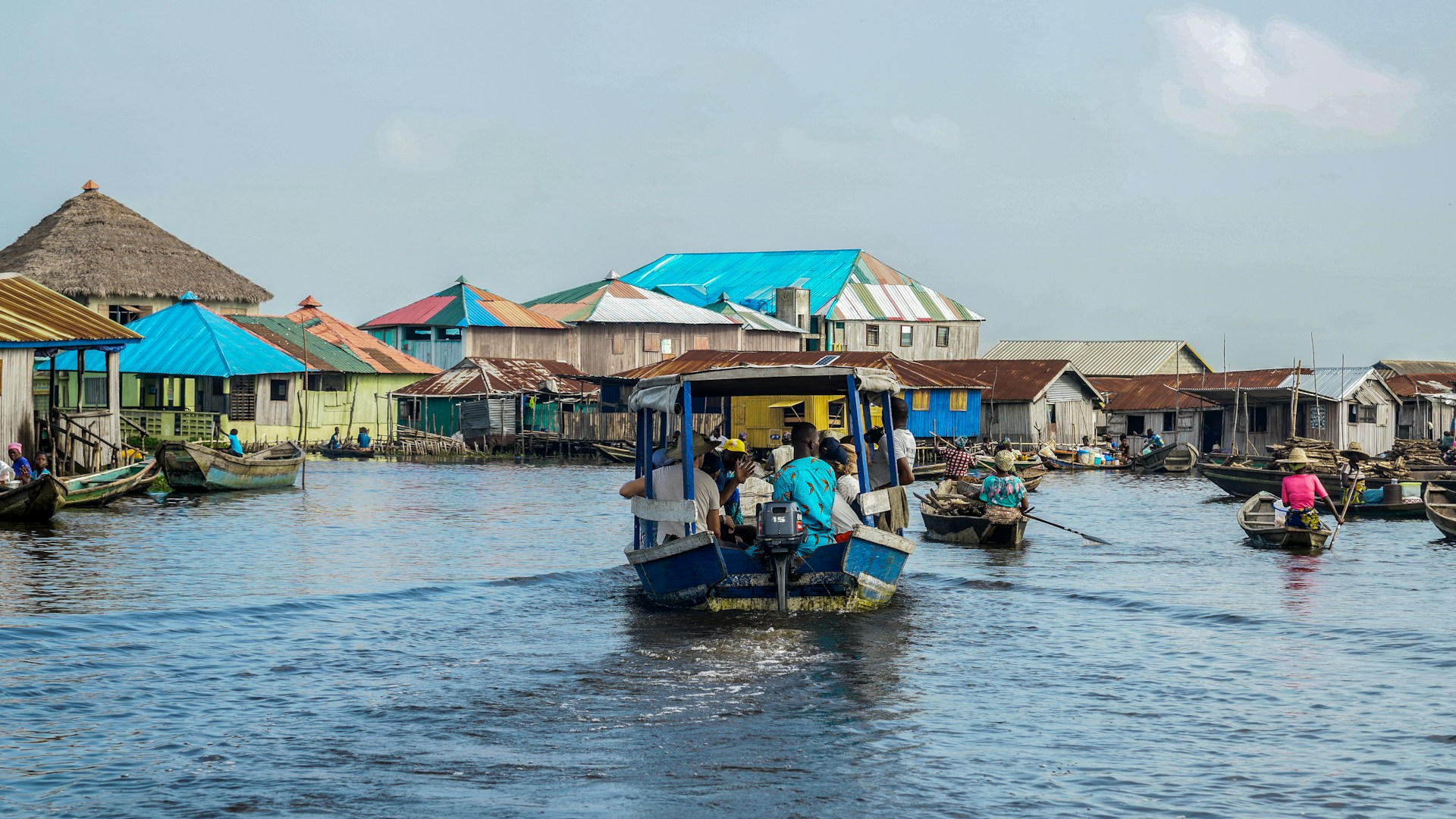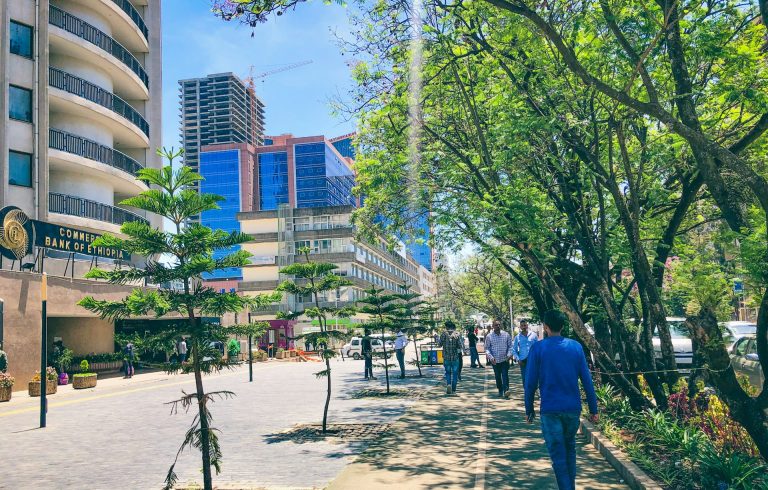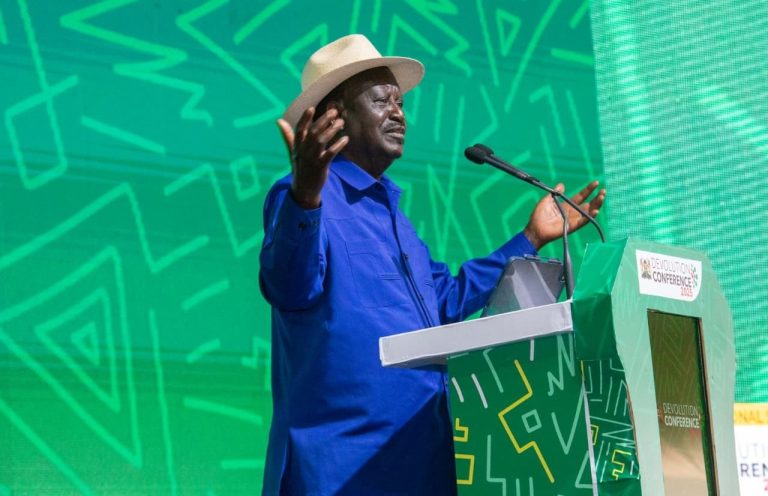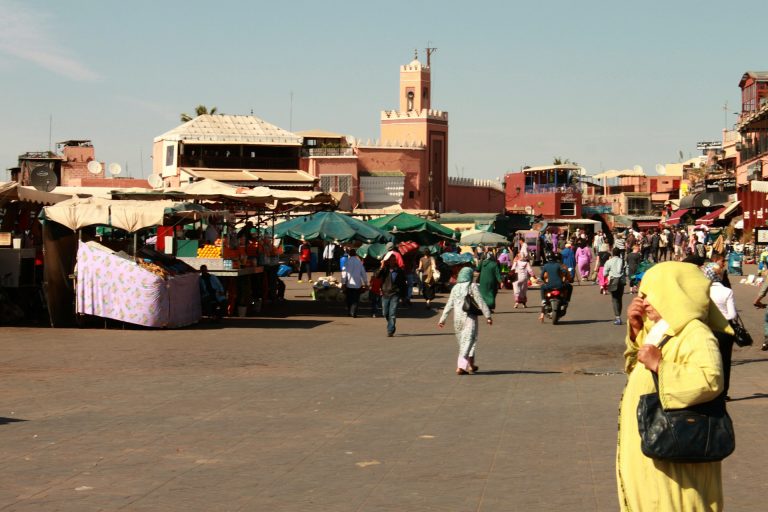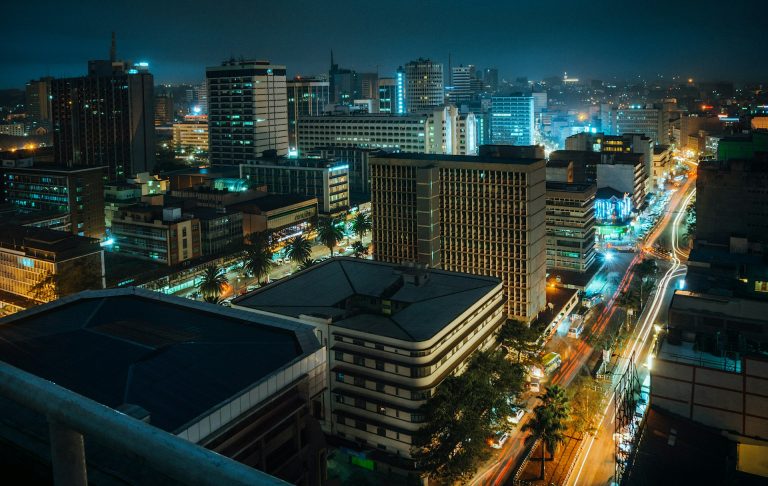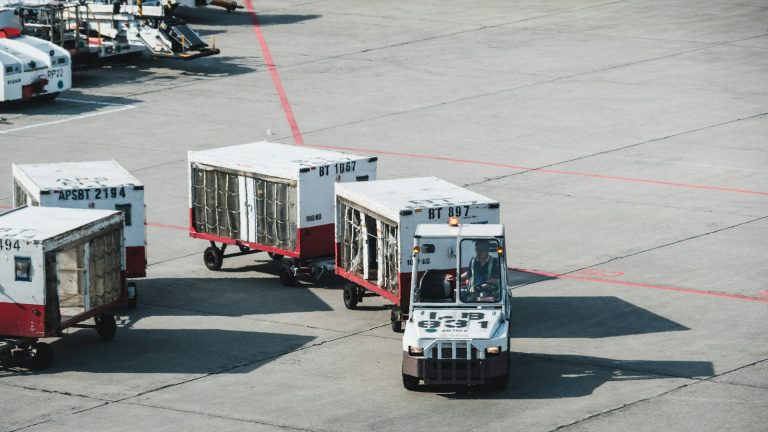- 2026 growth set at 7.5% with 42% of spending on social programmes
- Finance Minister Wadagni, ruling party candidate, pairs fiscal discipline with expansion
COTONOU, BENIN – Benin’s government has submitted a record CFAF 3.78 trillion ($6.7 billion) draft budget for 2026, projecting economic growth of 7.5% and inflation of 2%, officials said.
The plan comes months before the April 2026 presidential election, where Finance Minister Romuald Wadagni is the ruling party’s candidate.
The proposal, up 6.6% from 2025, allocates 42% of spending to social programmes such as free school meals, maternal nutrition, scholarships and healthcare. Capital outlays target infrastructure, energy, digital services and urban security. Funds are also reserved for the 2026 elections, with full financing already mobilised.
Fiscal anchor and investor appeal
The draft budget underscores Wadagni’s campaign message: fiscal discipline paired with inclusive growth. He oversaw Eurobond deals and refinancing operations this year, including a $500 million issuance and a €500 million Deutsche Bank loan to retire costlier debt and extend maturities. In April, S&P affirmed Benin’s BB- rating with a Positive outlook.
Public debt stood at 51.5% of GDP at mid-2025, well below the West African Economic and Monetary Union’s 70% ceiling. The IMF, in a June review, praised Benin’s early return to the WAEMU’s 3% deficit norm, a year ahead of schedule, citing strong tax collection, reform progress and steady investor support. But it warned of security threats in the north and heightened political risks.
The 2026 growth target – 7.5% – is among the highest in West Africa. Agriculture, industrial expansion in the Glo-Djigbé Industrial Zone, rising Cotonou port traffic and tourism are expected to drive output. Inflation is forecast at 2%, below the WAEMU’s 3% benchmark.
Still, vulnerabilities loom. The current account deficit was 6.8% of GDP in 2024, widened by services imports tied to industrial zone projects. Security spending is rising, and election-year polarisation could test stability.
Markets are watching Wadagni’s candidacy closely. Analysts say his presence may reassure investors given his record on debt management. But election-driven spending may strain fiscal prudence. “The key question is whether Benin can maintain its fiscal anchor while scaling up social programs,” said Nepthali Ledi, a regional analyst.
Benin has positioned itself as a reform leader in WAEMU, digitising tax collection, consolidating finances and attracting budget support above expectations. IMF disbursements under the EFF/ECF and RSF programmes have reached $623 million to date.
Wadagni will campaign on that record. The draft budget doubles as a manifesto: growth through diversification, redistribution through social spending, and stability through fiscal prudence. Whether voters – and markets – buy in will be decided in April.
